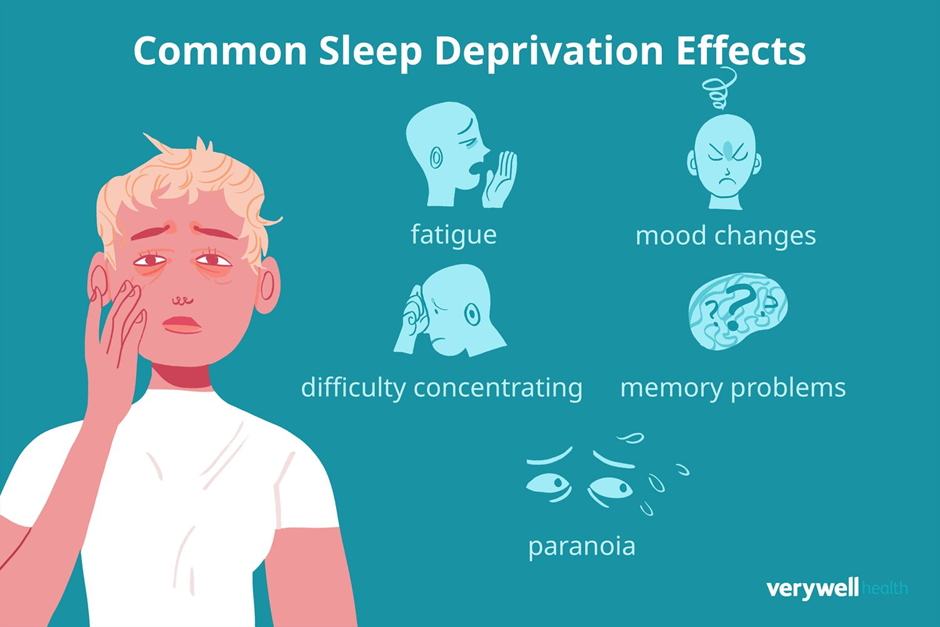Mental health awareness week (12th–18th May)
This year’s MHAW at Bexley Grammar School was all about Community and what a powerful theme it turned out to be!
This year’s MHAW at Bexley Grammar School was all about Community and what a powerful theme it turned out to be!
Exam stress is something which we all have experience of, and although stress is good and prepares us (e.g, enhances our focus and motivates us). Too much of it can lead to cognitive problems, for example, impairing our memory. Which is something we need running during an exam!
Stress can impact how memories are formed, as well as reduce retrieval.
It’s important to recognise symptoms of stress-impaired memory, as well as what is causing this stress in the first place! Finding the root of the problem and coming to terms with it helps to create a more focused approach to dealing with it.
Symptoms to recognise include (but not limited to):
So how can we tackle this problem?
There are many coping mechanisms which we can use to reduce stress.
One simple, yet effective way to improve memory, by reducing stress, is to create a relaxation system. Whether this is a series of breathing exercises or visualising your happy place, it is important you have these systems in place and ready to use at the first sign of stress.
Many researchers (Zandi et al, 2021) have found that practising mindfulness (e.g. meditation) can help improve your memory by minimising stress, and even helping with any issues of getting to sleep.
Sleep is also an important key factor to doing well in exams, sleeping after studying helps to consolidate your learning (reinforce new information and commit them to long term memory), as well as allowing your brain to be refreshed for the next day (Diekelmann et al, 2009).
Which means you won’t end up falling asleep during your exam!
For some more information, here are some helpful links:
For anyone who may need some support, here are some useful organisations:
Zandi- DOI: 10.4103/jehp.jehp_616_20
Diekelmann- doi.org/10.1016/j.smrv.2008.08.002.
Blaise Stokes, Year 12 Psychology Prefect

During such an exam-heavy academic term, it can be easy to overwork ourselves and sacrifice our sleep in the process, having negative implications on our emotions. With 1 in 3 students not receiving 9 to 11 hours of sleep per night, this being the optimal cognitive function needed, this leads to problems with learning, focusing, and reacting, having challenges later in life.
Looking at sleep from a more emotional perspective, proper sleep is crucial not just for cognitive performance, but for emotional recognition and regulation amongst school students. Insufficient sleep can impair abilities to recognise emotions in yourself and others and engage in positive social interactions. This can affect academic performance as well as social and emotional well-being.
Some impacts include:

It has been scientifically proven that poor sleep quality has a strong correlation with lower grades and reduced academic achievement, as it affects your cognitive abilities like memory, mood and concentration.
Some studies have shown this:
The effect of sleep deprivation and restriction on mood, emotion, and emotion regulation (Cara C Tomaso, Anna B Johnson & Timothy D Nelson et al 2020)
Get a brief insight into the amygdala, what sleep debt really is and sleep deprivation and how you can avoid it (Zahid Saghir, Javeria N Syeda, Adnan S Muhammad & Tareg H Balla Abdulla et al 2018)
https://pmc.ncbi.nlm.nih.gov/articles/PMC6122651/
Gabriella Biddle, Year 12 Psychology Prefect
